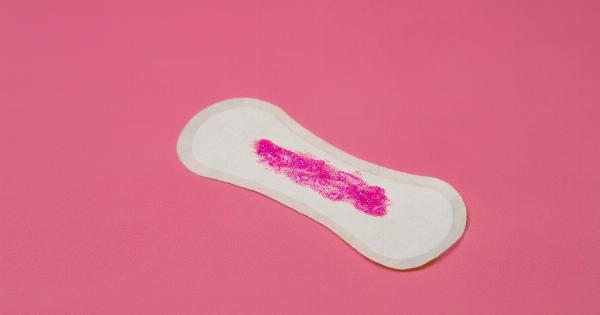Nocturia and high blood pressure are both common health conditions that can significantly impact a person’s well-being.
Nocturia refers to the need to wake up multiple times during the night to urinate, disrupting sleep patterns and causing daytime fatigue. On the other hand, high blood pressure, also known as hypertension, is a condition that occurs when the force of blood against the walls of the blood vessels is consistently too high.
While these two health issues may seem unrelated at first, recent research suggests that there may be a connection between them.
Understanding Nocturia
Nocturia is more than just a nuisance that interrupts a good night’s sleep. It can contribute to other health problems, such as fatigue, decreased productivity, and an overall reduced quality of life.
The condition is more common among older adults but can affect people of all ages. Nocturia can be caused by various factors, including an overproduction of urine at night, reduced bladder capacity, or an underlying medical condition.
It has been linked to numerous health conditions, such as diabetes, urinary tract infections, and sleep disorders.
The Phenomenon of High Blood Pressure
High blood pressure is a prevalent medical condition that affects a significant portion of the global population.
It is often referred to as the “silent killer” because it is symptomless in most cases but can lead to severe complications if left untreated. Blood pressure is measured using two numbers, the systolic pressure (the top number) and the diastolic pressure (the bottom number). Normal blood pressure is typically around 120/80 mmHg or lower.
When blood pressure consistently exceeds the healthy range, it puts strain on the blood vessels and organs, increasing the risk of serious health problems such as heart disease, stroke, and kidney damage.
High blood pressure can be influenced by various factors, including genetics, lifestyle choices, and underlying medical conditions.
The Link Between Nocturia and Blood Pressure
Recent studies have suggested a potential link between nocturia and high blood pressure.
In a study published in The Journal of Urology, researchers analyzed data from over 17,000 men and women who participated in the National Health and Nutrition Examination Survey. They found that individuals with nocturia had a higher prevalence of hypertension compared to those without the condition.
The exact mechanisms behind the connection between nocturia and blood pressure are not yet fully understood. However, there are several theories that researchers have proposed.
One theory suggests that the frequent disruptions in sleep caused by nocturia can lead to increased sympathetic nervous system activity, which in turn raises blood pressure. Another theory proposes that both conditions may share common risk factors, such as obesity, diabetes, and age, which can contribute to the development of both disorders.
Impact of Nocturia on Blood Pressure Management
Nocturia can have implications on blood pressure management. Sleep disturbances caused by nocturia can disrupt the circadian rhythm and negatively impact the overall quality of sleep.
The lack of quality sleep can, in turn, affect blood pressure regulation. Adequate sleep is crucial for maintaining optimal blood pressure levels. Disruptions in sleep patterns caused by nocturia may lead to increased blood pressure, making it more challenging to manage hypertension effectively.
Additionally, the medications used to manage high blood pressure may also contribute to nocturia. Certain antihypertensive medications, such as diuretics, can increase urine production and subsequently worsen nocturia symptoms.
Balancing the management of both conditions becomes crucial to provide comprehensive care for individuals experiencing both high blood pressure and nocturia.
Seeking Medical Evaluation and Treatment
If you experience symptoms of nocturia or have concerns about your blood pressure, it is essential to seek medical evaluation and appropriate treatment.
Your healthcare provider can help determine the underlying causes of nocturia and develop a personalized treatment plan. Managing high blood pressure often involves lifestyle modifications, such as regular exercise, a healthy diet, and medication when necessary.
Conclusion
Nocturia and high blood pressure are both significant health concerns that can impact a person’s well-being.
Although the exact mechanisms behind the connection between these two conditions are not yet fully understood, research suggests that there may be a correlation. Nocturia can potentially contribute to the development or exacerbation of high blood pressure, while blood pressure medications can worsen nocturia symptoms.
Seeking medical evaluation and appropriate treatment is crucial in managing both conditions and improving overall health and well-being.





























